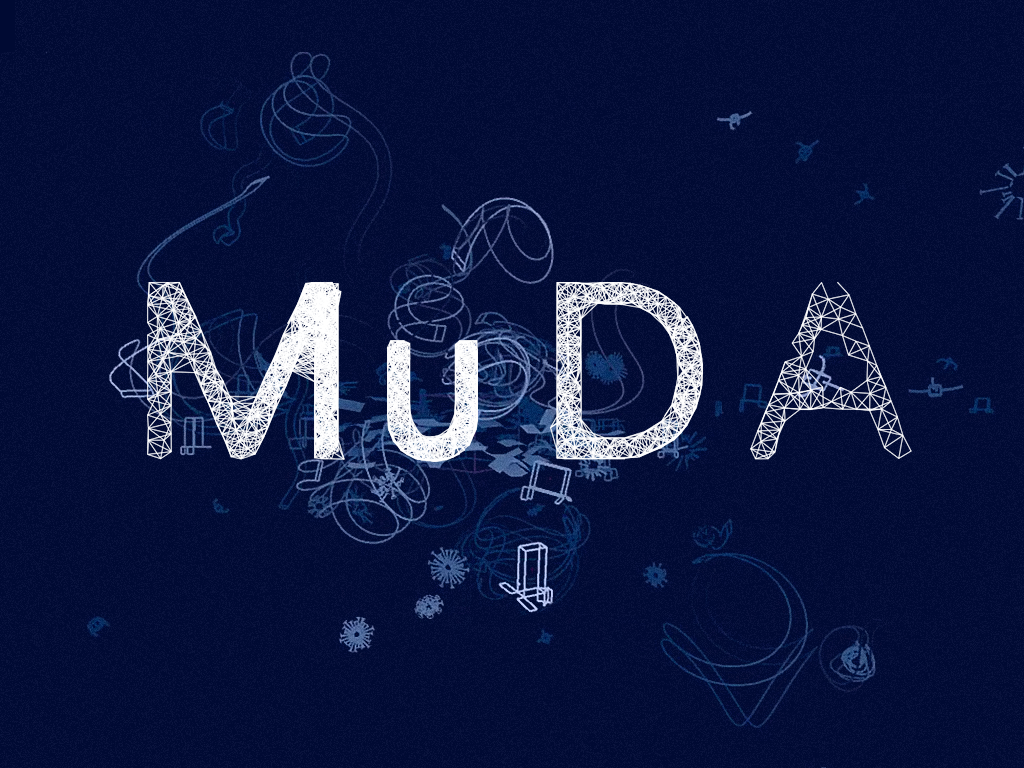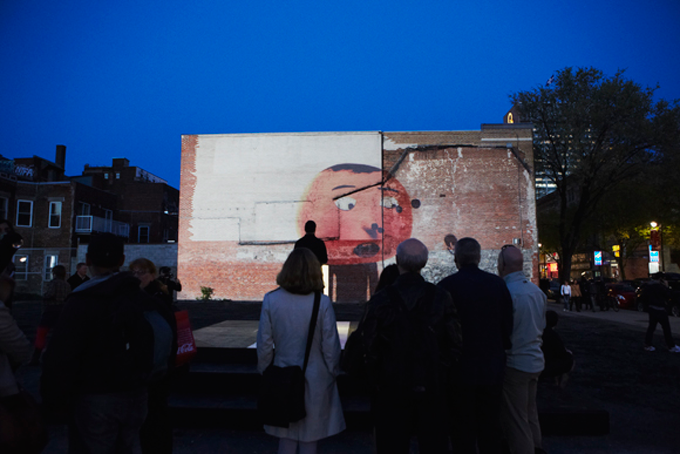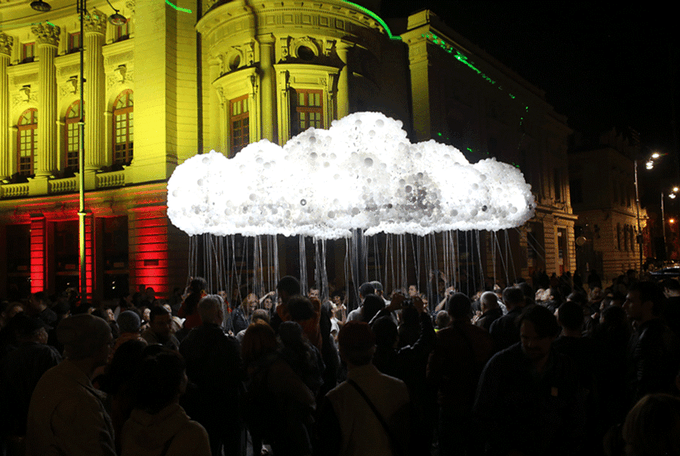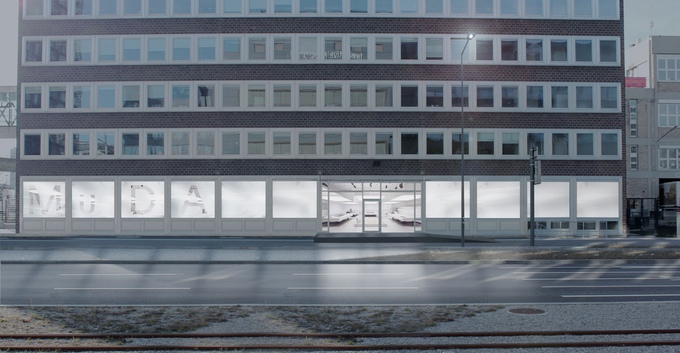|
Digital meets Culture https://www.digitalmeetsculture.net/article/muda-is-the-museum-of-digital-artstay-tuned/ Export date: Sun Mar 30 9:20:54 2025 / +0000 GMT |
MuDA is the Museum of Digital Art…stay tuned! MuDA stands for Museum of Digital Art. The Museum of Digital Art is dedicated to the art of code and the questions raised by the interactions between data, algorithms and society. It will have a virtual presence, on pretty much every screen connected to the internet. And a physical presence in the ground floor of the first high rise building of Zurich, Switzerland. The MuDA is initiated by the non-profit Digital Arts Association and bound to open its doors in January 2016.  BLA BLA, by Vincent Morisset The MuDA will host three exhibitions per year, which will last three to four months each. For every exhibition, an experimental digital version (catalogue) of it will be developed. In between events, physical computing workshops, panel discussions and talks related to digital technology and society will be hosted. MuDA is supported by Kickstarter, a funding platform for creative projects that counts on you for the museum to be launched: to convert the now empty ground floor into a public museum, Digital Arts Association had to get the approval of the Historic Monuments Protection Authority, a process that took 13 months instead of the 3 they had promised. This left very little time to raise the complete funding for the museum. The initiators managed to secure the operating budget in only 6 months, but they urgently need help now to cover the missing part of the construction fees. Discussing the impact of digital on society  CLOUD, by Caitlind r.c. Brown & Wayne Garrett From tech consumer to tech maker. Because code is beautyful! About the building In 1959 the Migros Cooperative, Switzerland's largest food retailer, bought about 50.000 square metres of land on which was erected, just two years later, one of Switzerland's first high-rise building, the Herdern Hochhaus. The purpose of the 58-meter tall building was to provide logistics, distribution and storage space for their food delivery chain, including a ripening hall for all the bananas that were dispatched from there to all corners of Switzerland. Classified as a listed monument in 2012 due to its industrial historical importance, parts of the premises were left empty after an internal reorganisation and have since then been reconverted for cultural activities. As if it wasn't exciting enough, this former industrial zone is Zurich's fastest developing district and the host to a dynamic and growing creative and tech industry. The MuDA found its perfect home.
The website About the initiators
The DAA was founded by Caroline Hirt (born in Hong Kong) and Christian Etter (born in Switzerland). They have previously produced exhibitions in Asia and Europe, worked for institutes like the Centre Pompidou and the Shanghai Art Museum. They are also involved in independent and experimental digital art projects and in the organisation of game jams. Their communal backgrounds are in digital media, science and technology, gender studies and journalism. For more info visit kickstarter.com |
